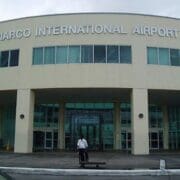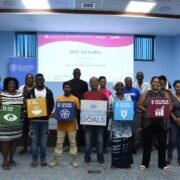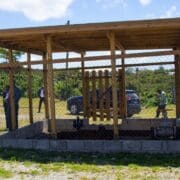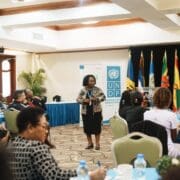CHTA Survey: Caribbean tourism industry leading region’s recovery, but faces challenges
Black Immigrant Daily News
The Caribbean tourism industry continues to lead the region’s economic recovery but faces formidable challenges, according to the Caribbean Hotel and Tourism Association (CHTA).
Releasing the results of its annual tourism industry performance and outlook survey on Wednesday, CHTA President Nicola Madden-Greig reported that the pace of the tourism industry recovery may be threatened by rising operating costs, labor shortages, increasing airfares, global competition, economic uncertainty, and pressures from some governments to increase taxes.
“Despite these challenges, the industry remains bullish about the future of tourism in the Caribbean,” she said, while underscoring the importance of public-private sector collaboration to address challenges like stimulating greater intra-regional travel.
“While we’ve turned the pandemic corner, we’re not out of the woods yet. Many businesses are still climbing out of massive debts and facing global competitive pressures on price increases. Now is not the time to increase taxes as we are hearing from several countries,” added the CHTA leader, who stressed that “addressing our looming labor shortages, climate change and strengthening linkages between tourism and other areas of our economies are critically important.”
The February 2023 survey included just under 100 businesses, with 77 percent representing the accommodations sector and the remaining 23 percent from other tourism-related sectors such as attractions, tour operators and restaurants.
The respondents identified the top issues affecting their businesses, including airlift cost and availability, taxes and duties, labor shortages, crime and safety, and poor infrastructure, among others. The industry is also facing challenges from environmental degradation, such as climate change, sargassum, and waste management, which were among the most frequently cited issues.
The survey revealed that companies are forgoing higher profits and plowing returns into covering debt incurred during the pandemic and investing in product improvements as capital expenditures soar. Pressures are growing to limit rate increases as global competition intensifies and labor and operating costs rise.
The non-accommodation tourism sector performance mostly parallels the accommodations sector. However, it expects to hire at a higher rate than the accommodations sector in 2023.
“Another key concern of tourism stakeholders is insufficient destination marketing,” said Madden-Greig, noting that concerns still remain about the lack of a more strategic regional marketing approach, something which she said CHTA would take under advisement with its public sector ally, the Caribbean Tourism Organization.
Overall, the survey highlights the challenges and opportunities facing the Caribbean tourism industry, and CHTA remains committed to supporting its members and working with governments and other stakeholders to address the issues facing the industry.
Donate At Caribbean News Service, we do not charge for our content and we want to keep it that way. We are seeking support from individuals and organisations so we can continue our work & develop CNS further.
NewsAmericasNow.com











